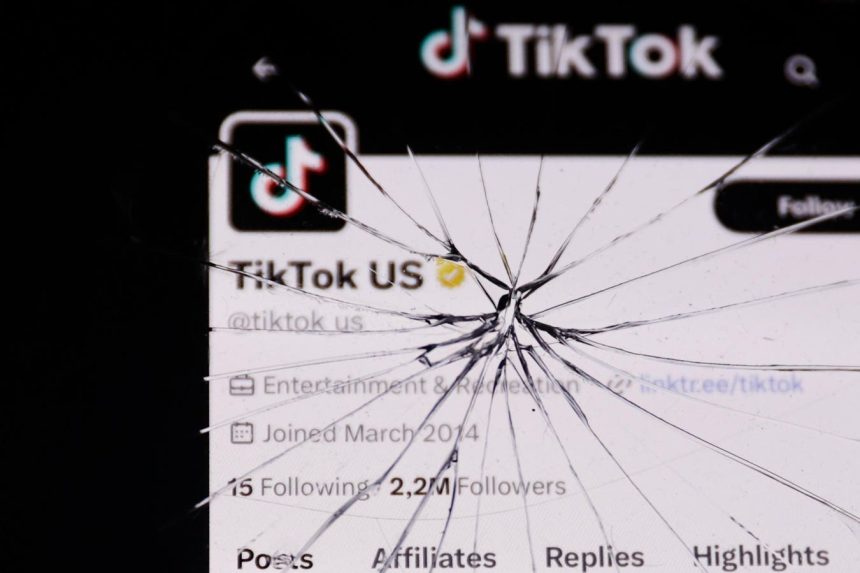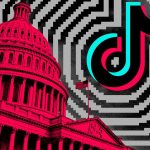The D.C. Circuit Court of Appeals upheld the Protecting Americans From Foreign Adversary Controlled Applications Act (PAFACAA), effectively mandating the removal of TikTok from U.S. app stores by January 19, 2025, unless a sale of the platform occurs before then. This decision arises from concerns regarding potential foreign influence and data security risks associated with TikTok’s parent company, ByteDance, based in China. The court’s ruling significantly impacts TikTok’s operations in the U.S. and raises crucial questions about the balance between national security concerns and freedom of speech in the digital age. Despite TikTok’s arguments and proposed mitigation efforts, the court sided with the government, deeming the ban a necessary measure to protect American interests.
The court’s decision introduces a novel interpretation of the First Amendment, suggesting that restrictions on speech influenced by foreign governments can ultimately enhance free speech by safeguarding against manipulation and coercion. The court argued that the government’s actions were intended to protect American freedoms from foreign interference and data collection, highlighting the potential for foreign governments to exert undue influence on public discourse through platforms like TikTok. This novel perspective acknowledges the significant role private companies, and the governments that influence them, play in shaping the digital information landscape.
The court subjected the case to “heightened scrutiny,” a legal standard demanding a compelling government interest and narrowly tailored measures when a law potentially infringes upon freedom of speech. While acknowledging TikTok’s and its users’ free speech arguments, the court concluded that the government’s national security concerns were sufficiently compelling and the law was crafted with enough precision to justify the ban. Crucially, the court found the law to be viewpoint- and content-neutral, focusing on ownership rather than the content shared on the platform. This focus on ownership allowed the court to bypass concerns about censorship of specific viewpoints or content.
Central to the case was TikTok’s “Project Texas,” an initiative designed to mitigate data security concerns by restricting data flow between the U.S. and China and limiting ByteDance’s control over TikTok’s U.S. operations. Despite these efforts, which were presented to the Biden Administration as a potential solution, the court deferred to the government’s assessment that the project was insufficient to address the underlying risks. The court emphasized the government’s extensive efforts to negotiate an acceptable agreement with TikTok and concluded that the proposed solution ultimately relied on trusting ByteDance, a trust the government deemed untenable given the perceived national security threats.
The court explicitly attributed the burden of the ban on the users, not the U.S. government, highlighting the perceived threat posed by the Chinese Communist Party (CCP). The court acknowledged the impact of the ban on TikTok’s millions of users, who will need to find alternative platforms. However, the court framed the decision as a consequence of the CCP’s alleged hybrid commercial threat to U.S. national security, rather than an act of censorship by the U.S. government. This framing underscores the geopolitical context of the decision and the perceived risks associated with data security and foreign influence.
Looking ahead, TikTok is expected to appeal the decision to the Supreme Court, potentially seeking to maintain its availability in the U.S. during the appeal process. However, the D.C. Circuit suggested that the courts are unlikely to allow the app to continue operating while the appeal is pending. Unless TikTok is sold before the January 19 deadline, or an extension is granted by President Biden, the app will become unavailable in the U.S., at least temporarily. The court did clarify that TikTok could potentially re-enter the U.S. market under new ownership, leaving the door open for a future resolution that addresses the national security concerns while allowing the platform to operate.



